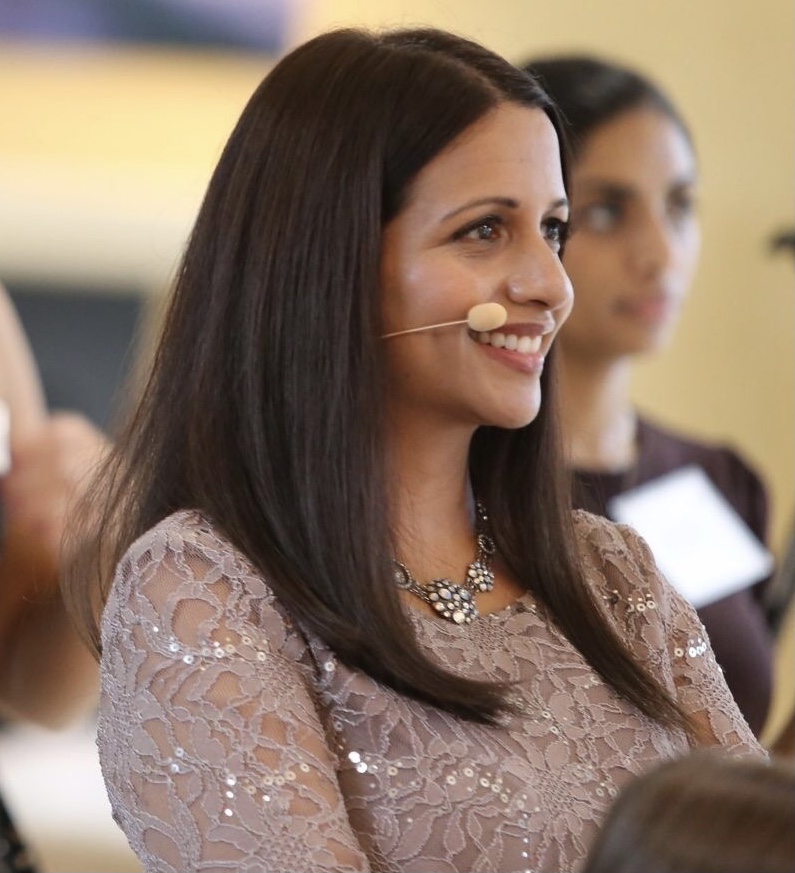Who is the Unconscious Advocate? What does this term mean? Unconscious advocacy is a term I have adopted that reflects a powerful finding from my recent research on male allies (also referred to as male champions, advocates or mentors). It is this: when it comes to promoting gender equality and displaying a voice of feminism, some men display ally behavior that they are not readily aware of.
I created the term to reflect the triggers that humans (men) have when dealing with key relationships; it is of similar spirit to the well-established concept of unconscious bias. With unconscious advocacy, there is something about a male and how he positively supports and champions an individual female — through a family relationship, professional relationship, etc. — in an inherent way, unknown to him. For example, the father who may never call himself a feminist, but has coached his daughter’s sports team because he deeply believes in teaching her resilience and competition; in turn he leaves lasting impressions on her that she will carry forward in her life. It is the male boss who may not have influence on systemic change or diversity recruiting targets at his company, but who willingly engages in conversations with his wife about her career and encourages her to boldly self-promote her accomplishments. It is any man who has naturally supported and championed a woman, but may not realize the impact he has made, often because his efforts would not be formally branded as feminist or seemingly moving the needle.
I see such examples all the time in The Corner of the Court, a program where women choose to share a story about a male ally who has influenced her career and life. Many of these men, when acknowledged, had no idea they were making such a strong impact; most men will react with “Wow… I had no idea.” While others may acknowledge they are “good at mentorship” but don’t actually realize they are doing something out of the ordinary by mentoring a woman.
As a researcher on the importance of developing men as individual male allies, the Unconscious Advocate concept provides us a very strong outlook on the inherent capacities men have within them to be champions for change. Let us acknowledge, nurture and leverage these capacities to make men the strong diversity leaders and allies they are fully capable of being.

